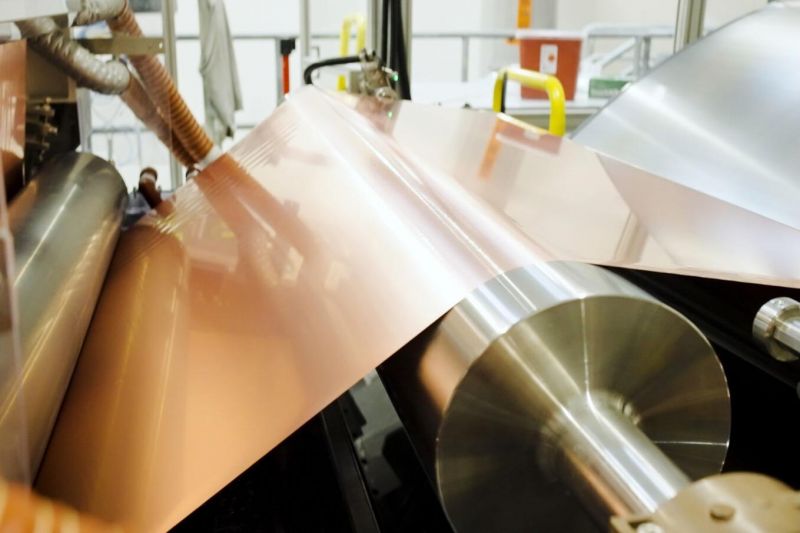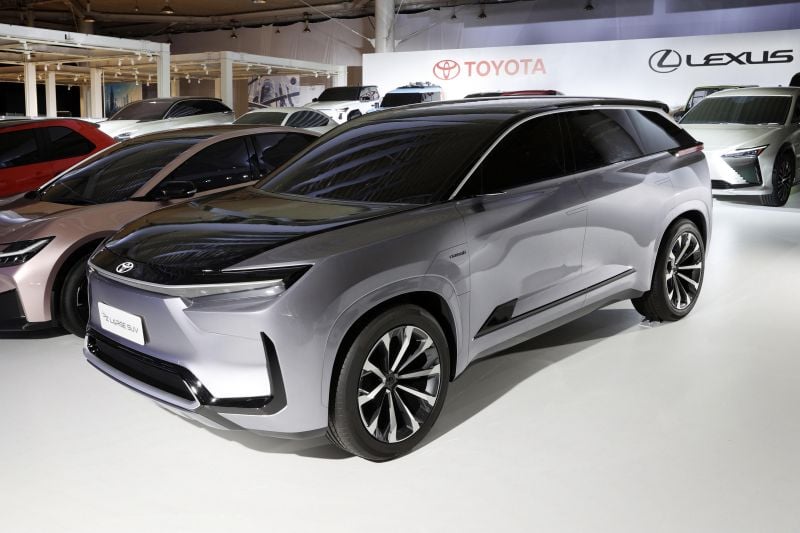Toyota United States has expanded its partnership with Redwood Materials, with the latter sourcing cathode active material (CAM) and anode copper foil from old Priuses and other Toyota hybrids for use in new electric cars.
Redwood Materials will provide Toyota with material consisting of a minimum of 20 per cent recycled nickel, 20 per cent recycled lithium, and 50 per cent recycled cobalt for future electric vehicle battery production.
Last year Redwood Materials agreed to collect, test and recycle Toyota’s hybrid electric vehicle batteries within the United States.
This latest expansion is part of Toyota’s plan for a “closed-loop battery ecosystem” which will help the company achieve its goals for carbon neutrality of its global operations by 2035 and by 2050 for its vehicles.
“Working with Redwood Materials, we are creating a circular supply chain to optimise logistics, expand refining, and ensure that the valuable metals recovered can be reintroduced into our future vehicles,” said Toyota Motor North America group vice president of business development Christopher Yang.
“Accelerating our recycling efforts and domestic component procurement gets us closer to our ultimate goal of creating a closed-loop battery ecosystem that will become increasingly important as we add more vehicles with batteries to roads across North America.”
The batteries will be recycled at Redwood Materials’ facility in northern Nevada and fed to Toyota’s new battery manufacturing plant in North Carolina.
The Toyota Battery Manufacturing, North Carolina (TBMNC) plant is expected to be online in 2025.
The North Carolina battery production plant will act as a hub for Toyota’s “expanding portfolio of electrified vehicles”. By 2025 there will be a total of six battery production lines – four for hybrid vehicles and two for EVs.
In 2025, Toyota plans to start producing a new three-row electric SUV at its Kentucky plant.
This marks the first time the Japanese carmaker will produce an electric vehicle (EV) in the US, and with the new model’s batteries also set to be produced there, the new SUV should therefore be eligible for a US$7500 (~A$11,500) tax credit in that market.
The Toyota Motor Manufacturing Kentucky facility currently produces the Toyota Camry, Toyota RAV4, and Lexus ES as well as engines.
Redwood Materials will break ground on its second Battery Materials Campus in South Carolina later this year. Combined, both facilities are expected to produce 100GWh of battery components annually.
The company also works with other manufacturers including Volkswagen.


